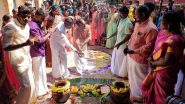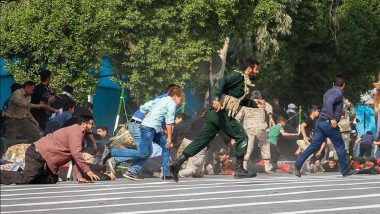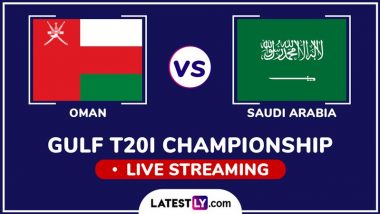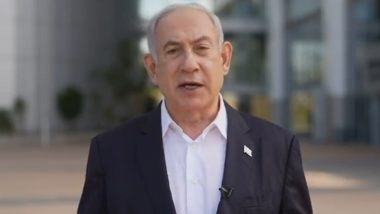A day after a terrorist attack in Iran killed 25 people, and wounded 70 others, Iran's Revolutionary Guard has vowed to revenge the attack.
In a statement released on Sunday, the Iranian elite force said that those behind Saturday's attack will face a "deadly and unforgiving revenge in the near future".
The Iranian government has blamed its neighbouring rivals and the United States for the attack, accusing them of backing the Arab separatist al-Ahvaziya armed group which claimed responsibility for the attack. The Islamic State (IS) group has also claimed responsibility for the killings. Iranian officials have not named the Gulf states but the obvious interpretation seems to be Saudi Arabia and the UAE – both who are fighting the Iran-backed Houthi rebels in Yemen.
The country's foreign minister, Mohammad Javad Zarif, said "regional terror sponsors" were responsible for the attack, adding he held "their U.S. masters accountable".
"These terrorists ... were trained and organised by two ... Gulf countries," Iranian military spokesperson Abolfazl Shekarchi told the official news agency IRNA, according to Reuters. "They are not from Daesh (an Arabic acronym for the Islamic State of Iraq and the Levant) or other groups fighting [Iran's] Islamic system ... but are linked to America and [Israel's intelligence agency] Mossad."
The UAE has denied Iranian allegations of its involvement in training troops that claimed the attack in southwestern Iran.
Meanwhile, the U.S. too has rejected Iran’s claims. Nikki Haley, U.S. Ambassador to the UN said “Iran should look into the mirror” for the cause of the attack as the “Iranian regime had oppressed its people for a long time".
"He's (President Rouhani) got the Iranian people... protesting, every ounce of money that goes into Iran goes into his military, he has oppressed his people for a long time and he needs to look at his own base to figure out where that's coming from," said Haley in an interview to CNN.
The attack in Ahvaz has hit one of Iran’s pressure points as Ahvazi Arabs are a small minority in mainly ethnic Persian Iran but sit on top of the bulk of the country's 137 billion barrels of oil. They are divided over whether they want independence or devolution of power within a democratic, federal Iran, but at their most ambitious, some Ahvazi groups want an independent state stretching beyond the borders of Khuzestan, which sits at the head of the strategic Gulf waterway and shares a border with Iraq.
This attack is being seen in Iran as a way to foment dissent and separate this energy-rich province from the rest of Iran.
This latest attack adds another dimension to an already combustible set of factors at play in the Middle East.
(The above story first appeared on LatestLY on Sep 24, 2018 09:41 AM IST. For more news and updates on politics, world, sports, entertainment and lifestyle, log on to our website latestly.com).













 Quickly
Quickly




















